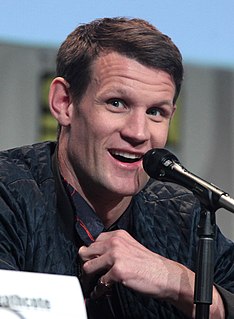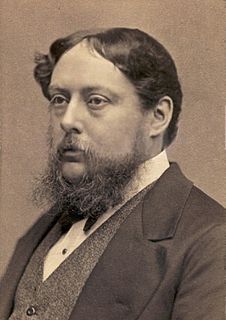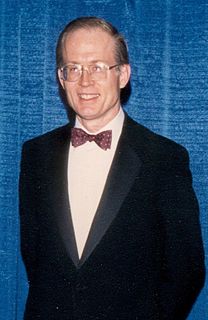A Quote by Rebecca West
Before a war military science seems a real science, like astronomy; but after a war it seems more like astrology.
Related Quotes
It's so hard to believe in anything anymore, you know what I mean? It's like, religion, you really can't take it seriously, 'cause it seems so mythological, and seems so arbitrary; and then on the other hand, science is just pure empiricism, and by virtue of its method, it excludes metaphysics. I guess I wouldn't believe in anything if it weren't for my lucky astrology mood watch.
Science was blamed for all the horrors of World War I, just as it's blamed today for nuclear weapons and quite rightly. I mean World War I was a horrible war and it was mostly the fault of science, so that was in a way a very bad time for science, but on the other hand we were winning all these Nobel Prizes.
It seems to me an utterly futile task to prescribe rules and limitations for the conduct of war. War is not a game; hence one cannot wage war by rules as one would in playing games. Our fight must be against war itself. The masses of people can most effectively fight the institution of war by establishing an organization for the absolute refusal of military service.
You ask what my conclusions are, rereading my journals and looking back on World War II from the vantage point of quarter century in time? We won the war in a military sense; but in a broader sense, it seems to me we lost it, for our Western civilization is less respected and secure than it was before.



































